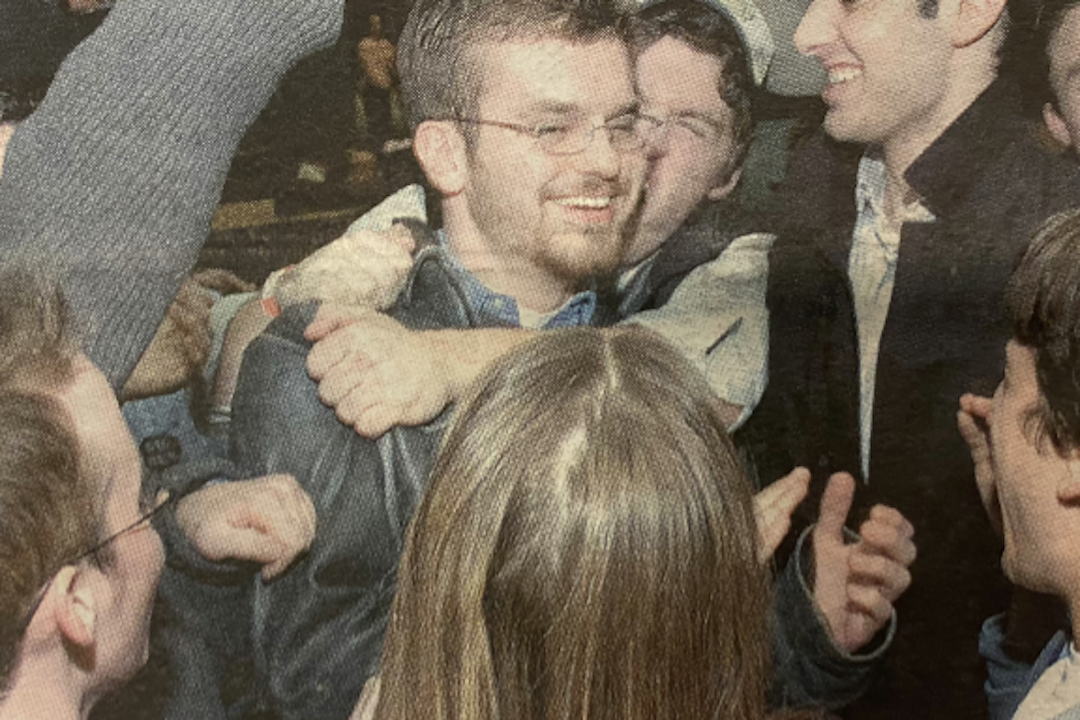This post was written by Hatchet reporter Chris Saccardo.

Desiree Halpern | Senior Staff Photographer
References to the Cold War in “Indiana Jones and The Raiders of the Lost Ark” may be lost on most viewers, but graduate student Shannon Mancus hopes to change that.
Mancus was one of four of recipients of this year’s GW’s Philip J. Amsterdam Graduate Teaching Award on Monday, which recognizes her extraordinary contribution to the education of students, both inside and outside the classroom.
Associate professor of American Studies Kip Kosek, who worked with Marcus when she was a teaching assistant for his Modern American Cultural History class last Spring, said her focus has been to create an intellectual cultural dialogue.
“She’s confident, but not overbearing. She leads the class but also lets a variety of voices be heard. She lets them develop their own voices,” Kosek said.
One way Mancus fosters her relationship with students is through the American Studies film club, which she helps lead weekly to lead students as they analyze the deeper meanings behind “Indiana Jones,” “Avatar” and other classic movies.
“We use some of the theoretical frames from American Studies, but also sometimes chat about what was ridiculous or fun,” Mancus said.
Her academic specialities range from American studies, the environmental movement and how media portrays these topics in current events.
Prior to her time at GW though, Mancus spent time on stage as an actress..
At the beginning of the Iraq War in 2002, Mancus was a house manager in New York City for “Nine Parts of Desire,” a play about Iraqi women.
Beyond entertainment, the theatre tried to educate audience members. Night after night, people would leave the production and read information on the Iraq War the house managers posted outside the theater, Mancus recalled.
“Strangers were actually talking to people about things that mattered,” she said.
The experience sparked Mancus’ interest in the influence of theatre, as well as other art forms and media platforms, on social change. Theorizing that there was a potential to leverage media to support issues like the environmental movement, Mancus enrolled at GW to study these connections. A show like “Whale Wars,” for instance, asks a viewer to do and feel different things than Dr. Seuss’s “The Lorax.”
Mancus has delved into the intersection of media and the environmental movement, her dissertation focusing in how different genres of media have impacted environmental activism over the past two decades.
After serving as a teaching assistant for five classes, Mancus will finally teach her own course this fall. The class, Reading the Environment, will focus on examining the environmental movement through scholarly articles as a part of the American Studies program.
This post was updated on April 3, 2014 to reflect the following:
Correction appended
Due to a reporting error, The Hatchet reported that Mancus had found shows like “Whale Wars” to target an audience more prone to take action, while movies such as the Lorax targeted more passive fans. Mancus meant to imply the two shows simply ask people to do and feel different things. We regret this error.





